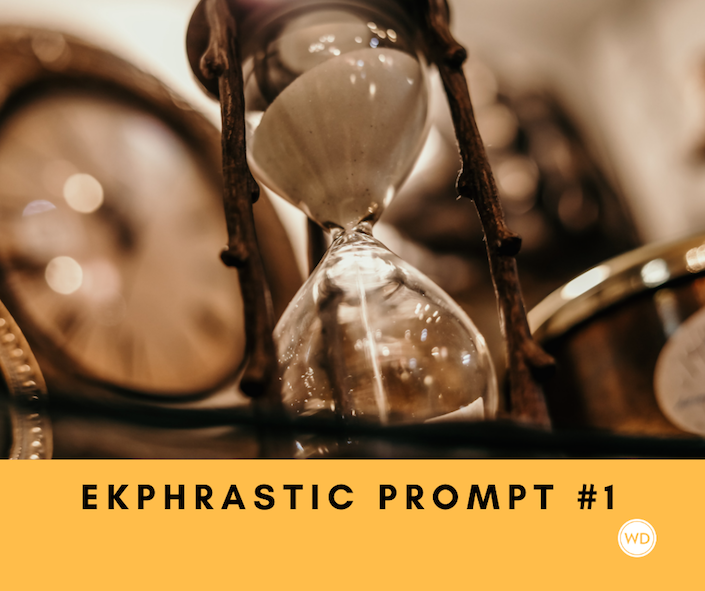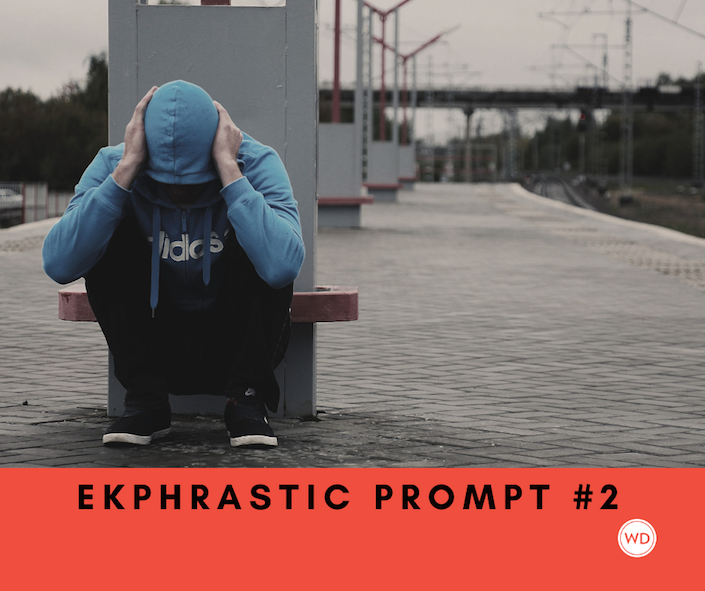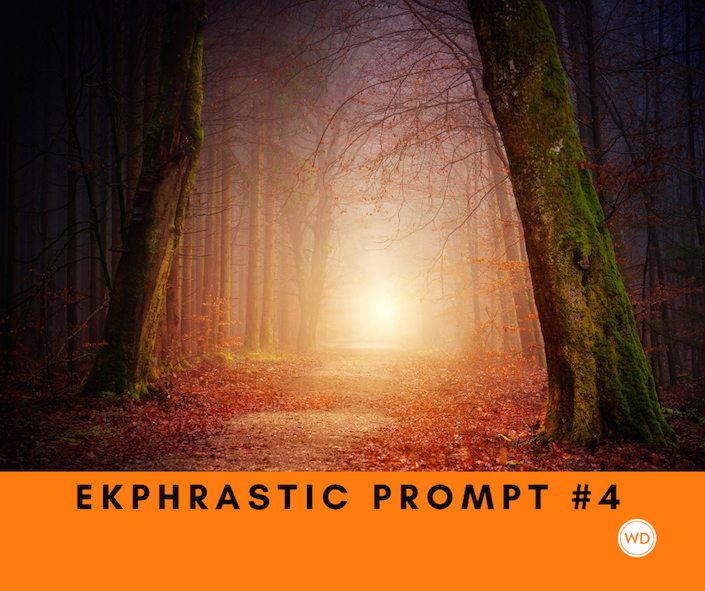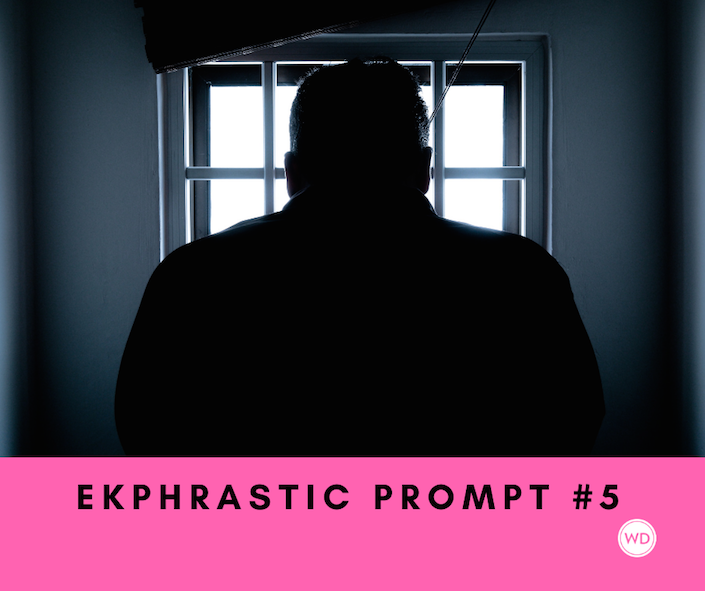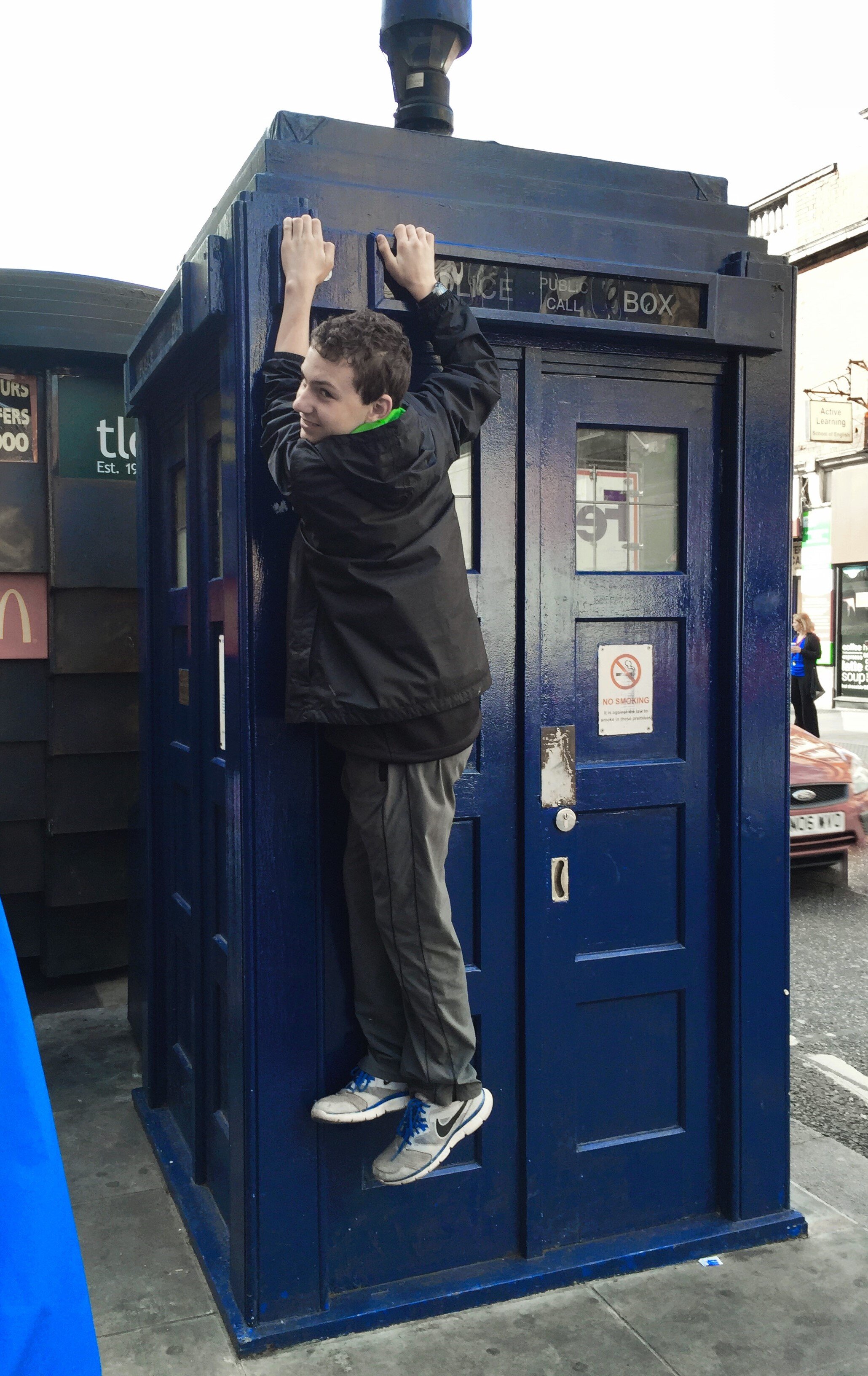Another essay from my first session of Writing Your Grief. Check out Refuge In Grief for “grief support that doesn’t suck.”
January 30, 2018
Today's prompt was to free-write about how our loved one would care for us or tend to us in our pain, if they were here.
"How would you love me in this?
If I imagine you speaking, imagine you loving me through this, you would tell me ..."
__________
Starting off, this seems like a tricky one. I know you loved me. But you weren't very demonstrative. You would tolerate a hug if I asked for and initiated it. You would respond to a hand reached out in your direction with some type of fist bump analog (remembering that the Korean masters at tae kwon do used to perform elaborate fist-bump followups, such as the retreating squid), or the touch of a fingertip, E.T.-style, although I don't think you were familiar enough with E.T. to know that's what it resembled. How would you love me in this?
Maybe you would make me something. It wasn't a frequent occurrence, but occasionally you would create something intended as a gift. A Christmas-themed board game made up of paper pieces with a tag that says "To: mommy and daddy." A Mother's Day card for me, certainly made by assignment at school, because most of what you created spontaneously was for your own amusement. Maybe you would make me something to show you were thinking of me.
If I imagine you speaking, imagine you loving me through this, you would tell me ... I don't know. Earlier in the school year, during one of our car rides, we talked about your struggles and my worries. Or rather, I talked about it. It's not like we were having back-and-forth conversations about what was going on with you. You were so emphatic that I should stop worrying about you. "I'm fine, it's fine, everything's fine!" you said, when you couldn't stand my clumsy attempts to get you to open up, my too-intrusive expressions of concern, any longer. So what would you say now? Would you still tell me you're fine?
We became more concerned about you through the winter. Grades came out in January, and we put you on restriction from the computer and Wii and iPod because of the C in Spanish. I thought you just needed motivation to try harder. I took you to a counselor. You had always made A's and B's putting forth literally no effort. Why couldn't you push yourself a tiny bit to do better in Spanish so you could get back your gaming time? The restriction backfired spectacularly. I made a chart of things you could do to earn time on your devices. But nothing was worth it. Not driving practice. Not reading something. Not chores. You retreated to your room and slept.
The counselor suggested that the pediatrician refer you for psychological testing. Maybe your quirky genius thing was autism? No, that wasn't it, but the psychologist recommended we go ahead with antidepressants, diagnosing you with depression and social anxiety. The pediatrician had wanted to hold off on meds until after the testing.
You started on antidepressants in March and I talked to you frankly about the black box warning. That most people, the medicine helped. But for a small percentage of young people, it could cause suicidal thoughts. And if that started to happen, that you should know it was just the medicine, just the chemicals in your brain, and you should come talk to us about it, and we'd fix it. We set up an appointment with the psychiatrist.
At some point, recognizing the futility, we lifted the computer restriction. We had never had such a complete failure in parenting philosophy. For weeks after you started the Lexapro, we didn't leave you alone at all. And after the first month, you said you didn't feel like it was doing anything. But by the time we got you in with the psychiatrist, you said maybe it was helping a little bit after all. He said we could raise the dose, and that you were probably still safe with a little less supervision.
In the meantime, I was scrambling through the bureaucratic obstacle course of getting accommodations for you at school, a 504 plan. We considered withdrawing you for medical homebound school, but were advised that kids with social anxiety found it very stressful to reintegrate, and it might be better to just ride out the remaining few weeks of the school year.
I sent emails to all your teachers and met with the guidance counselor and administrators. Concurrently, I explored the option of a technology-focused charter school. Maybe a smaller, more supportive environment would fix things for you, would be more like the Montessori method you thrived in through fifth grade. I visited a couple of times, took a tour, and finally brought you to an open house. You agreed to try it and I completed all the paperwork for you to transfer and begin 11th grade there in the fall. I asked you if you thought you'd keep in touch with anyone from your regular high school, and you said no. After you were gone, I found out how important you were to Will and to Hunter. Here I thought you were looking for connection, and you had it. Did you not value that after all? Or did I just catch you with that question at a bad time?
We thought school getting out would lift some of the darkness from you. How could it not? Our initial worry subsiding, we had begun to give you more freedom. But I continued my protocol of checking in with you before I would leave the house, telling you where I would be, that you could always reach me on my cell, where everyone else in the family was, and when we would be back. Asking if it was OK for me to go, if you were OK. What I was asking was were you going to harm yourself. And just like months earlier in the car, you always told me you were OK, you were fine. Even that last night, when you weren't.
All this to say, I know you loved me. I believe you loved me more than you loved anyone else. That I was your favorite person. But I don't know how you would love me in this. I can't imagine you speaking here. And I guess probably both of us are sorry about that.
-------------
An afterword here, I want to say we really have no idea if the antidepressants had anything to do with Rader's suicide, and I don't mean to imply such a thing. I don't blame anyone or anything but his depression.


